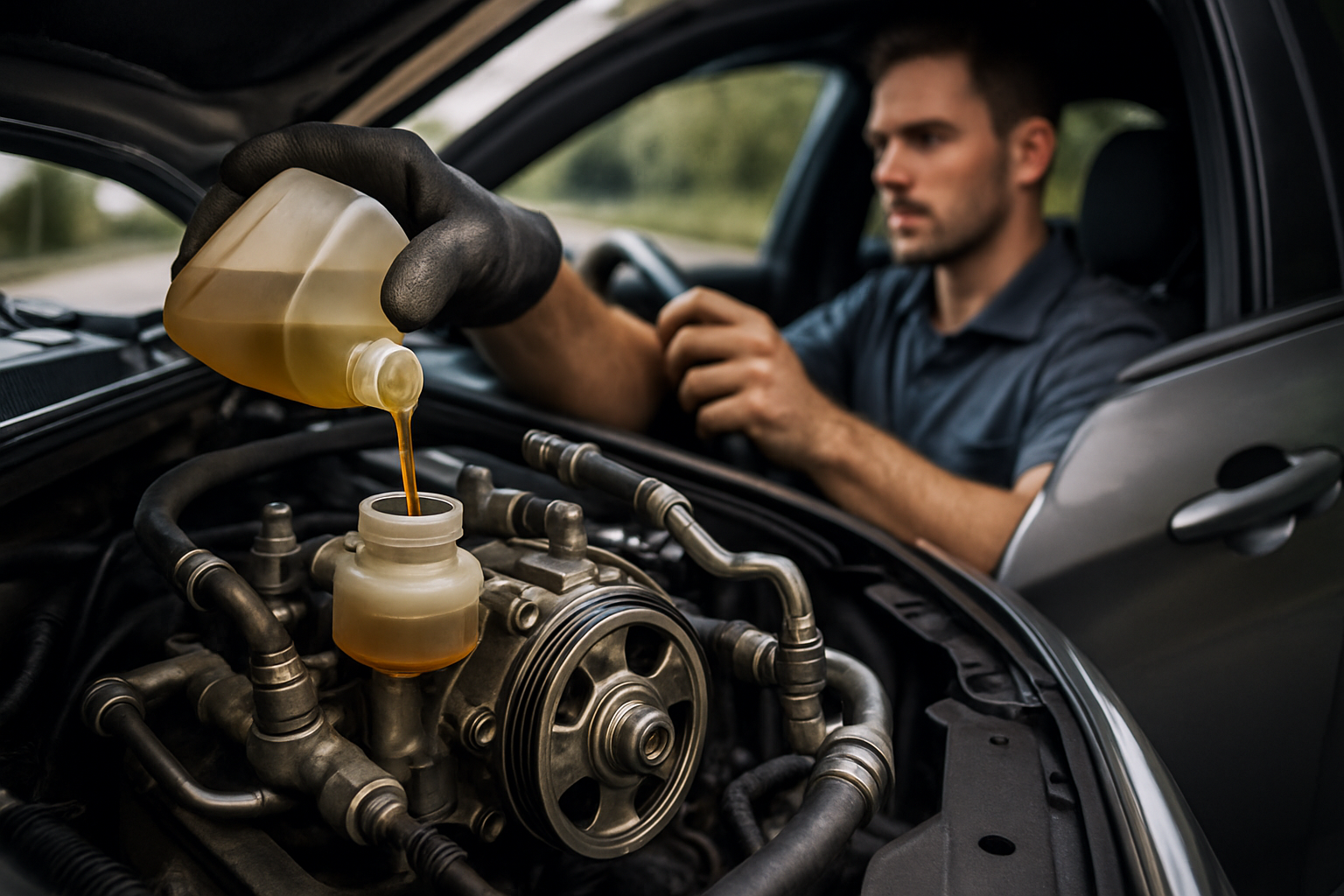When and How to Change Your Vehicle's Oil
Regular oil changes are one of the simplest and most effective ways to protect your car’s engine and extend the life of your vehicle. Motor oil lubricates moving parts, helps control heat, and carries away contaminants; over time it breaks down and becomes less effective. Understanding when to change oil, which type to use, and how oil fits into routine maintenance helps you keep your vehicle reliable and reduces the chance of premature engine wear.

How often should a car get an oil change?
Recommended oil change intervals vary by vehicle, driving conditions, and the type of oil used. Many modern cars with synthetic oil can run 7,500 to 10,000 miles between changes under normal driving, while conventional oil often requires changes every 3,000 to 5,000 miles. Severe conditions—frequent short trips, stop-and-go traffic, towing, or dusty environments—can shorten intervals. Always consult the owner’s manual for manufacturer guidance, and use oil life monitoring systems if your vehicle has one. Regular checks of oil level and color between services will help you spot issues early.
What type of oil is right for your vehicle?
Oil types differ by base stock and viscosity rating. Conventional oil is petroleum-based; synthetic oil is engineered for stability and flow at extreme temperatures; blends combine properties of both. Viscosity numbers (e.g., 5W-30) indicate flow characteristics at cold and operating temperatures. The owner’s manual specifies approved viscosity grades and may recommend synthetic oil for better protection in modern engines. When selecting oil, consider manufacturer specifications, local climate, and driving habits. Using the wrong viscosity or non-recommended oil can affect fuel economy, engine wear, or warranty coverage.
How does oil protect the engine?
Engine oil performs three primary functions: lubrication, cooling, and cleaning. A thin film of oil reduces metal-to-metal contact and friction among moving parts like bearings, pistons, and camshafts. Oil also helps dissipate heat away from hot components and suspends soot, metal particles, and combustion byproducts so they can be trapped by the oil filter. Over time, additives deplete and contaminants accumulate; changed oil restores protective properties. Monitoring oil condition—color, smell, and consistency—can indicate problems such as coolant leaks or excessive engine wear that need further inspection.
Can you change oil yourself on your vehicle?
Many vehicle owners can perform an oil change with basic tools, proper safety measures, and knowledge of the correct oil grade and filter. Typical steps include warming the engine slightly, draining old oil, replacing the oil filter, adding the new oil to the correct level, and properly disposing of used oil and filters. Safety considerations include securing the vehicle, avoiding hot surfaces, and following torque specs for the drain plug. If you lack tools, a safe workspace, or confidence, professional local services can perform the job and often inspect other components during the service.
How does oil fit into regular maintenance?
Oil changes present an opportunity to address other maintenance items that affect long-term engine health. Technicians often check filters, belts, hoses, tire condition, fluid levels, and battery health during a service. Keeping a maintenance log tied to mileage and date helps track intervals for transmission fluid, coolant, brake fluid, and timing belt or chain services. For vehicles that see mixed or severe driving patterns, more frequent inspections can catch leaks, fuel system issues, or unusual engine noises early. Use manufacturer maintenance schedules as the baseline and adjust for driving conditions.
Conclusion
Changing your vehicle’s oil at appropriate intervals and using the correct oil type is a practical way to protect the engine and maintain reliable performance. Regular oil checks, timely filter replacement, and adherence to the manufacturer’s maintenance schedule reduce wear and can prevent more costly repairs later. Whether you perform the task yourself or use local services in your area, treating oil maintenance as a routine part of vehicle care helps preserve efficiency and prolong engine life.





